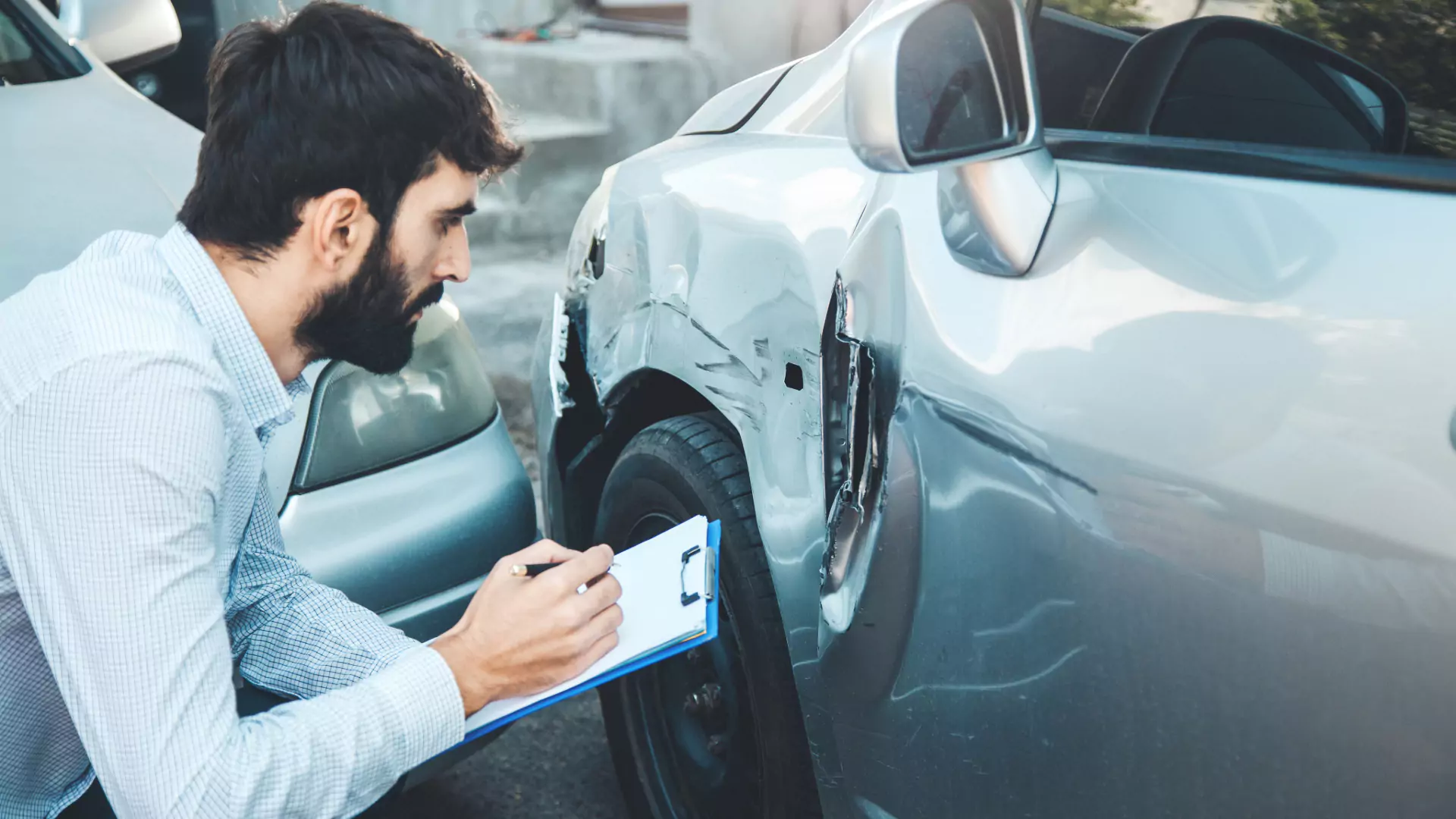
These are the 25 first things you need to do after a vehicle accident
Vehicle accidents can occur in the blink of an eye, leaving individuals with a combination of emotions, physical injuries, and a host of questions about the next steps. This article will let you know what are the first things to do.
All the items listed in this article can be found in the Post Vehicle Accident Checklist made by Spear, Greenfield, Richman, Weitz & Taggart, PC. In this article, you will be able to download and print the checklist. By keeping this checklist in your glove compartment, you will be able to take action right away to help protect yourself and others after the accident.
First steps after a vehicle accident
- Check yourself for injuries, as well as any other passengers in your vehicle.
- Get help for anyone injured. If needed, call 911.
- Do not move any unconscious person, unless their life is in imminent danger.
- Move all vehicles out of the way of traffic, only if it can be done safely.
- Turn on hazard lights and set up cones, warning signs, and flares.
- Call the police
Document and report every detail about the vehicle accident
- Provide the other driver or drivers with the information on your proof-of-insurance card. That includes your name the policyholder’s name, vehicle information, insurance company name, agent’s name and phone number, and policy number.
- Do not allow your driver’s license to be photographed.
- Safely take photos of the following:
- Each vehicle involved in the accident, including license plates and all vehicle damage.
- Each driver.
- Any skid marks.
- Markers and signs that provide information about the location where the vehicle accident took place: landmarks, street signs, and addresses.
- Accident debris.
- Other property damage resulting from the vehicle accident.
- File an incident report with the police, if a police report is not filed.
- Notify your insurance agent, regardless of fault, and record the claim number.
- Ask your agent about rental car options and how repairs will be handled.
Collect the following information
- From the other driver or drivers involved in the vehicle accident:
- Name
- Address
- Phone number
- Email address
- Auto insurance company
- Policy number
- Insurance agent’s name and number
- Verify that the vehicle listed on the insurance information is the same as the vehicle involved in the accident.
- If ownership or insurance documentation is not provided, get the driver’s license information from the other driver or drivers.
- From passengers and witnesses
- Name
- Address
- Phone number
- From the police
- Officer’s name
- Jurisdiction (city, county, or state)
- Badge number
- Did they file a police report?
- Police report number
- Time/date of police report
- Tickets and citations issued
- About the other vehicle or vehicles
- Make
- Model
- Year
- Color
- License plate number
- State of plate issuance
- Vehicle ID number
- Name of owner on registration
- Company name or logos on vehicle
- Relationship to the driver, if they are not the owner
- About the accident
- Date
- Time
- Location
- Weather
- Road conditions
- Traffic conditions
What not to do after a vehicle accident
- Do not discuss the accident with anyone, except the police and your insurance agent.
- Be aware that anything you say to anyone could be used if you pursue a claim.
- Do not agree to any settlements, from an insurance company or otherwise, without consulting an attorney who specializes in vehicle accidents.
- Do not sign any document that is not from the police or your insurance agent.
Seek medical assistance as soon as possible
- Seek medical treatment as soon as possible, even if symptoms are not immediately apparent.
- Make sure that you let your medical providers know about all the physical symptoms and limitations you have experienced since the vehicle accident.
- Document your conversations with anyone you discuss the accident with, including the date of the conversations: witnesses, insurance company representatives, medical providers, police officers, and other investigators.
- Keep receipts of all the expenses caused by the vehicle accident including repairs, parking, transportation, medical bills, co-pays, etc.




